BBC boss says will stay put as Lineker removal sparks chaos
The BBC’s director general, Tim Davie, has said he will not resign after the broadcaster's sports coverage was thrown into chaos following ex-England soccer captain Gary Lineker's removal of 'Match of the Day' program.
In an interview with BBC News, when asked if he should resign over the crisis, Davie replied, “Absolutely not.”
“I honestly do not believe, despite a lot of the commentary, that this is about left or right,” Davie said. “We made decisions, and I made decisions based on a real passion about what the BBC is and it is difficult – it’s this balance between free speech and impartiality,” he added.
Lineker on Friday was forced to “step back” from his duties presenting the flagship Premier League highlights show after criticizing the British government’s new asylum policy in a Twitter post, accusing the UK government of using Nazi-era rhetoric in tackling illegal immigration.
“Lineker will not present ’Match of the Day’ until we’ve got an agreed and clear position on his use of social media,” the BBC said in a statement on Friday adding it considered Lineker's recent social media activity to breach its guidelines.
However, the decision caused chaos to scheduled sports programming across the BBC's television and radio output, since pundits, commentators, and even Premier League teams announced their intention to boycott the show in support of Lineker.
Former England strikers Ian Wright and Alan Shearer were among the first pundits who refused to take up their usual roles on Match of the Day, followed by the program's commentators.
As a result, Match of the Day, the longest-running football television program in the world, went ahead without a presenter, pundits, or any commentary on Saturday night and was reduced to a 20-minute edition.
Davie also apologized that audiences "have been affected" thanks to the huge backlash.
“To be clear, success for me is Gary gets back on air and together we are giving to the audiences that world-class sports coverage which, as I say, I'm sorry we haven't been able to deliver today,” Davie said.
Lineker’s criticism came on the heels of a new migration plan approved by the British government this week, which is aimed at detaining the migrants arriving in small boats across the English Channel and preventing them from claiming asylum and deporting them either back to their homeland or to so-called safe third countries.
The new policy has drawn criticism from opposition parties, charities, and the United Nations refugee agency for its impact on refugees.
British Prime Minister Rishi Sunak on Saturday issued a statement saying Gary Lineker was a great footballer and is a talented presenter and that he hopes the situation between the BBC and its star football host can be resolved but it is not a matter for the UK government.
Opposition Labor Party deputy leader Angela Rayner also lambasted the BBC’s decision in a tweet on Saturday.
“The BBC’s cowardly decision to take Gary Lineker off the air is an assault on free speech in the face of political pressure from Tory politicians. They should rethink,” she tweeted.
“I was at the World Cup in Qatar. When it comes to criticizing Qatar about human rights issues, it appears that everybody is allowed to say what they want in this country. Lineker was allowed to criticize the human rights record of Qatar on the BBC but why is he not allowed to comment on the human rights record of the country he lives in?” Sky Sports News chief reporter Kaveh Solhekol said.
'Next to impossible' to rescue patients from Gaza's Kamal Adwan Hospital: Director
VIDEO | Vietnam current prosperity
Report blames gasoil exports for shortage at Iranian power plants
VIDEO | Hind Rajab Foundation names Israeli war criminals vacationing after Gaza genocide
VIDEO | Australians rally for Gaza ahead of Christmas festivities
VIDEO | Attacks on Sana'a
Iran reports further drop in annual inflation rate in December
Israel indicts two settlers over suspected spying for Hezbollah


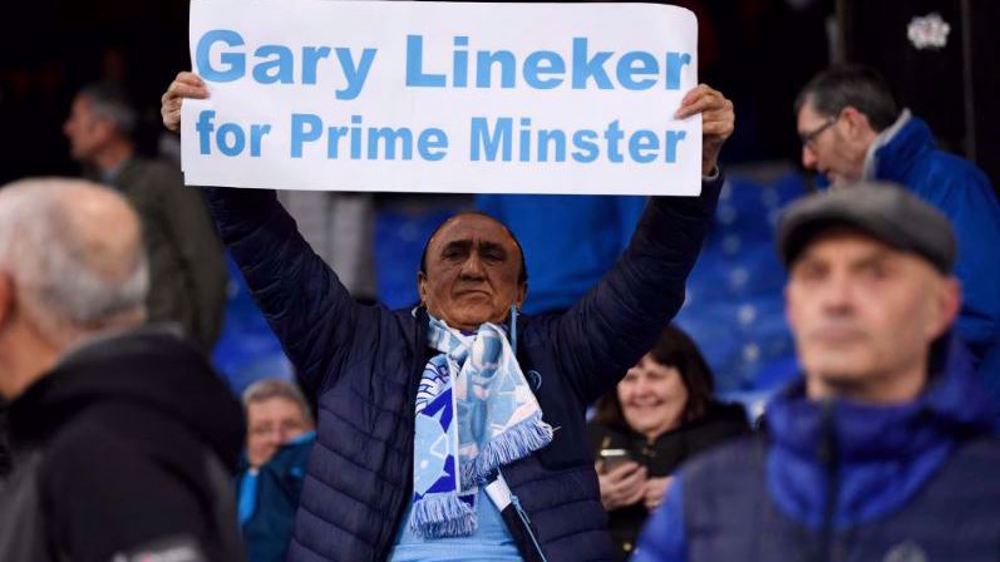
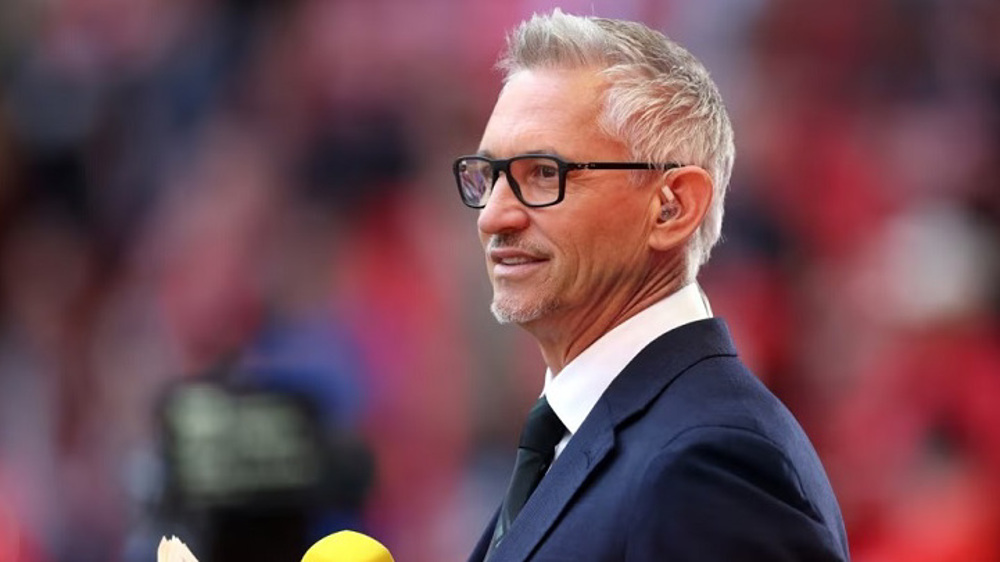






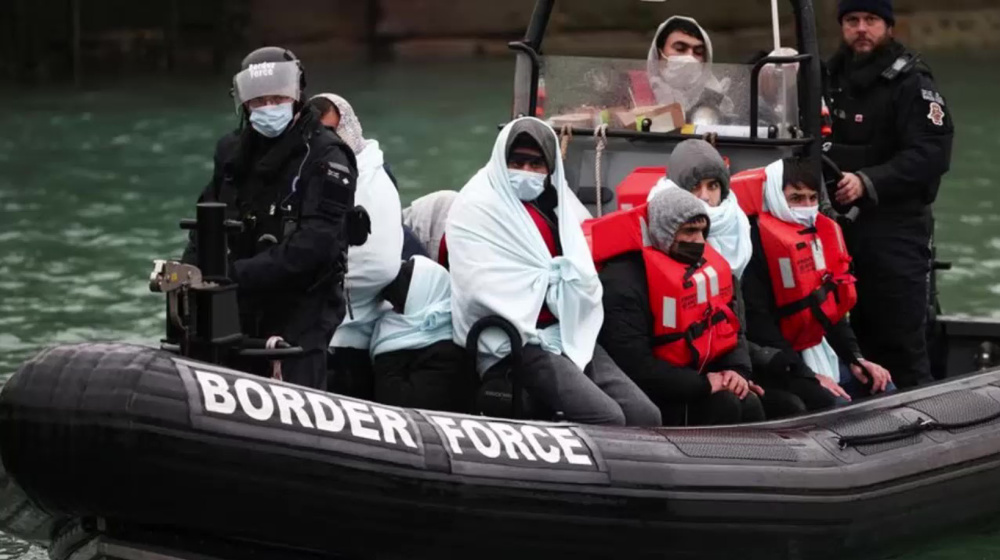
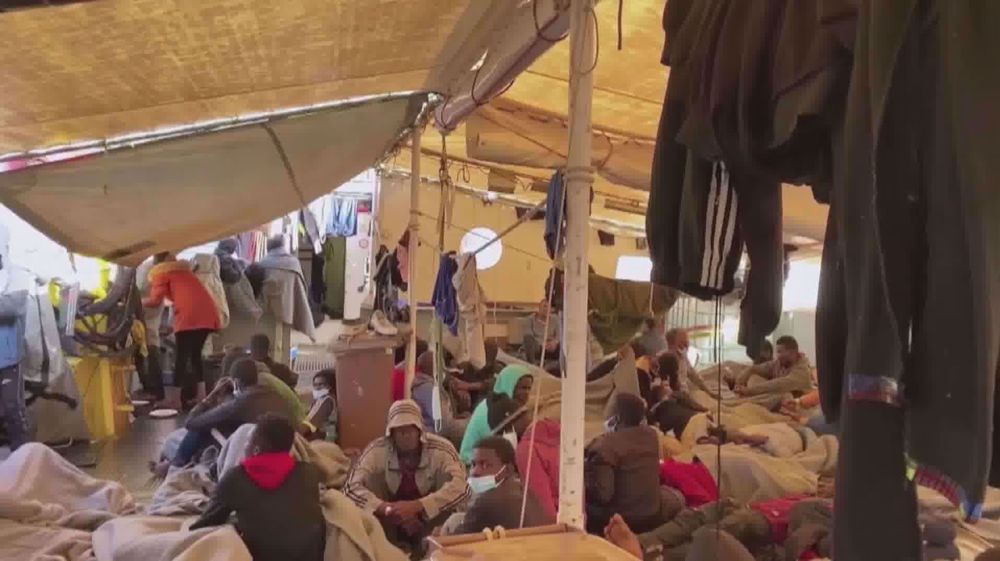
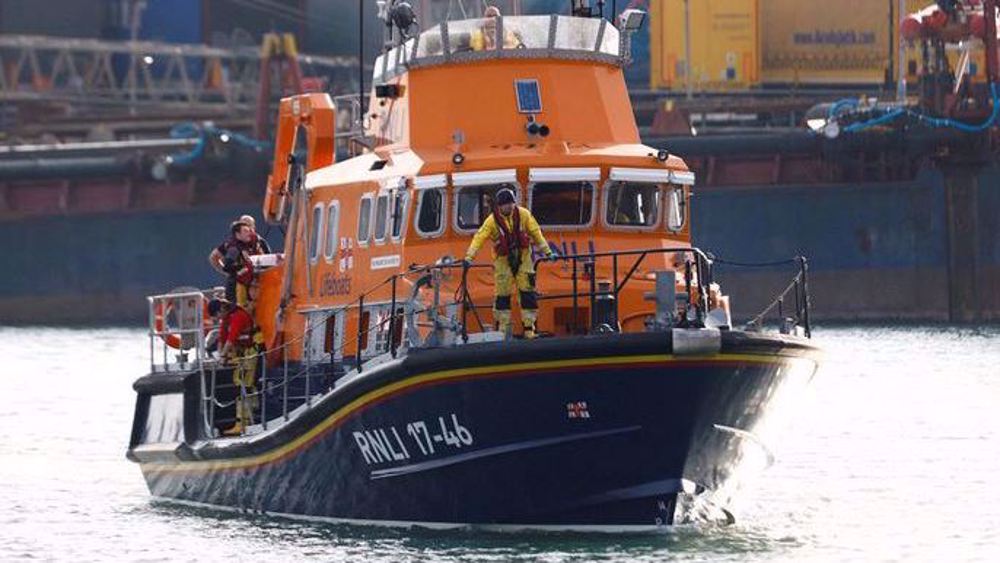
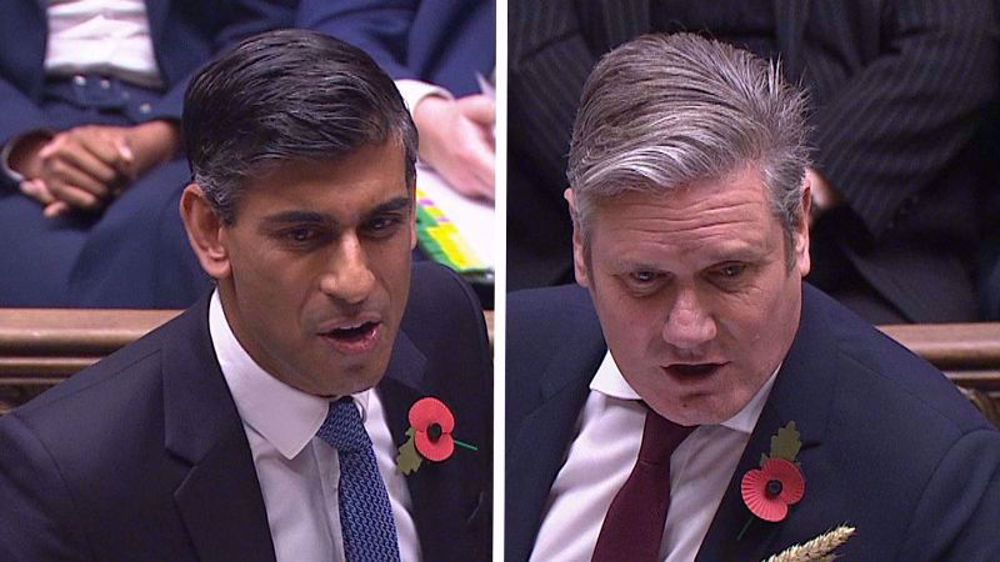

 This makes it easy to access the Press TV website
This makes it easy to access the Press TV website